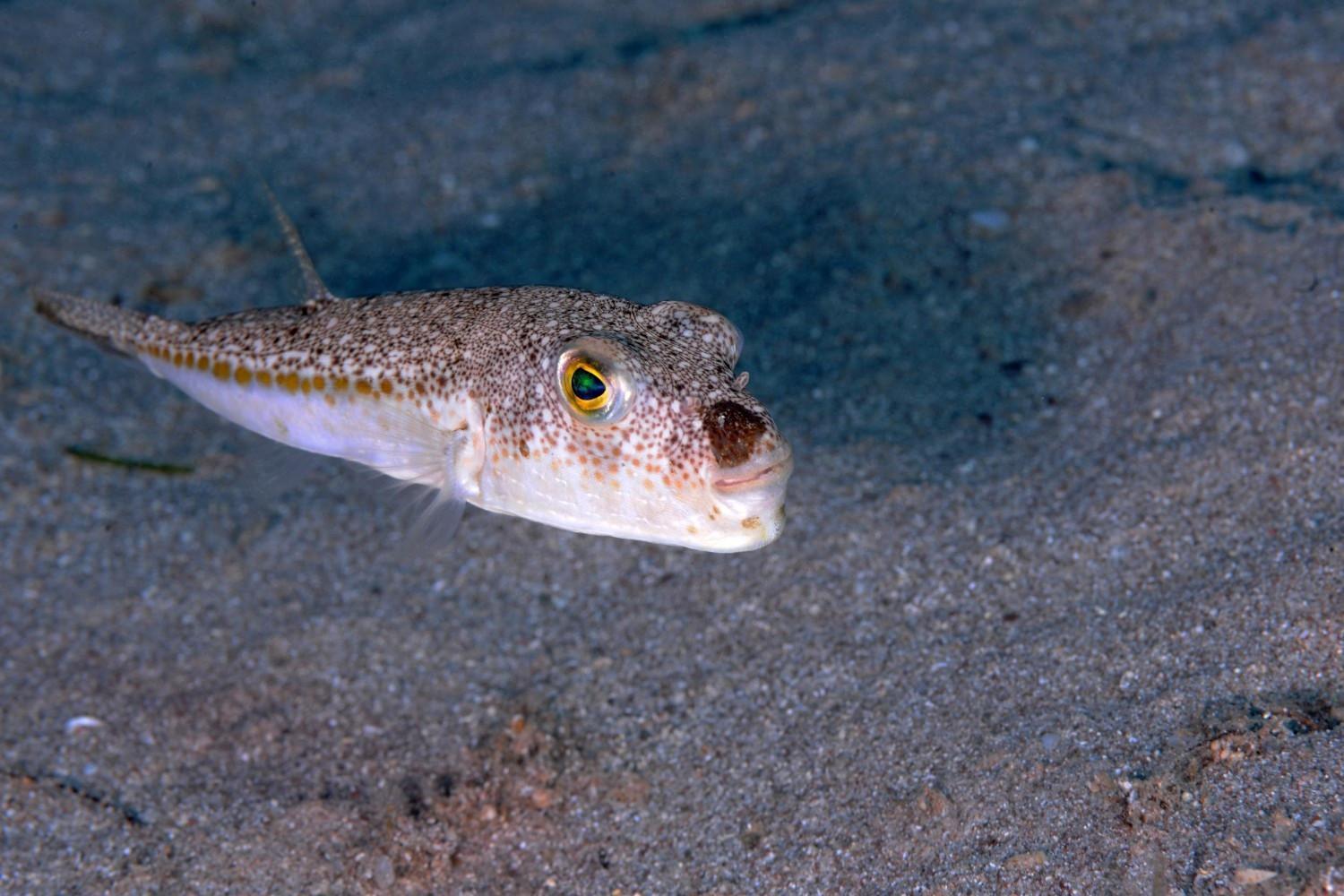
Pufferfish, a poisonous species long viewed as invasive, have become a permanent part of the Mediterranean’s natural population, an expert has warned.
The species, which contain the potent neurotoxin tetrodotoxin and pose serious risks to human health, have risen sharply in number in recent years along the coast of the southern province of Antalya, according to Professor Mehmet Gökoğlu from Akdeniz University.
With strong jaws and a diet that includes juvenile fish during spawning season, pufferfish reproduce quickly and dominate local waters.
Their growing population is reducing the habitats available to native species.
Economic incentives offered to fishermen provide financial support but cannot eliminate the species, the expert said.
“With this approach, the population cannot be totally eradicated. As of right now, there is no efficient way to deal with pufferfish,” he warned.
Unless an extraordinary event like a sudden drop in sea temperatures occurs, they will continue to thrive, according to Gökoğlu.
"With global warming ongoing, such changes are unlikely. In fact, the spread of these fish into the Black Sea appears increasingly possible,” he said.
These toxic pufferfish not only reduce marine biodiversity by outcompeting native species but also pose a serious risk to people who might accidentally consume them, highlighting the ongoing dangers they bring to the Mediterranean ecosystem.